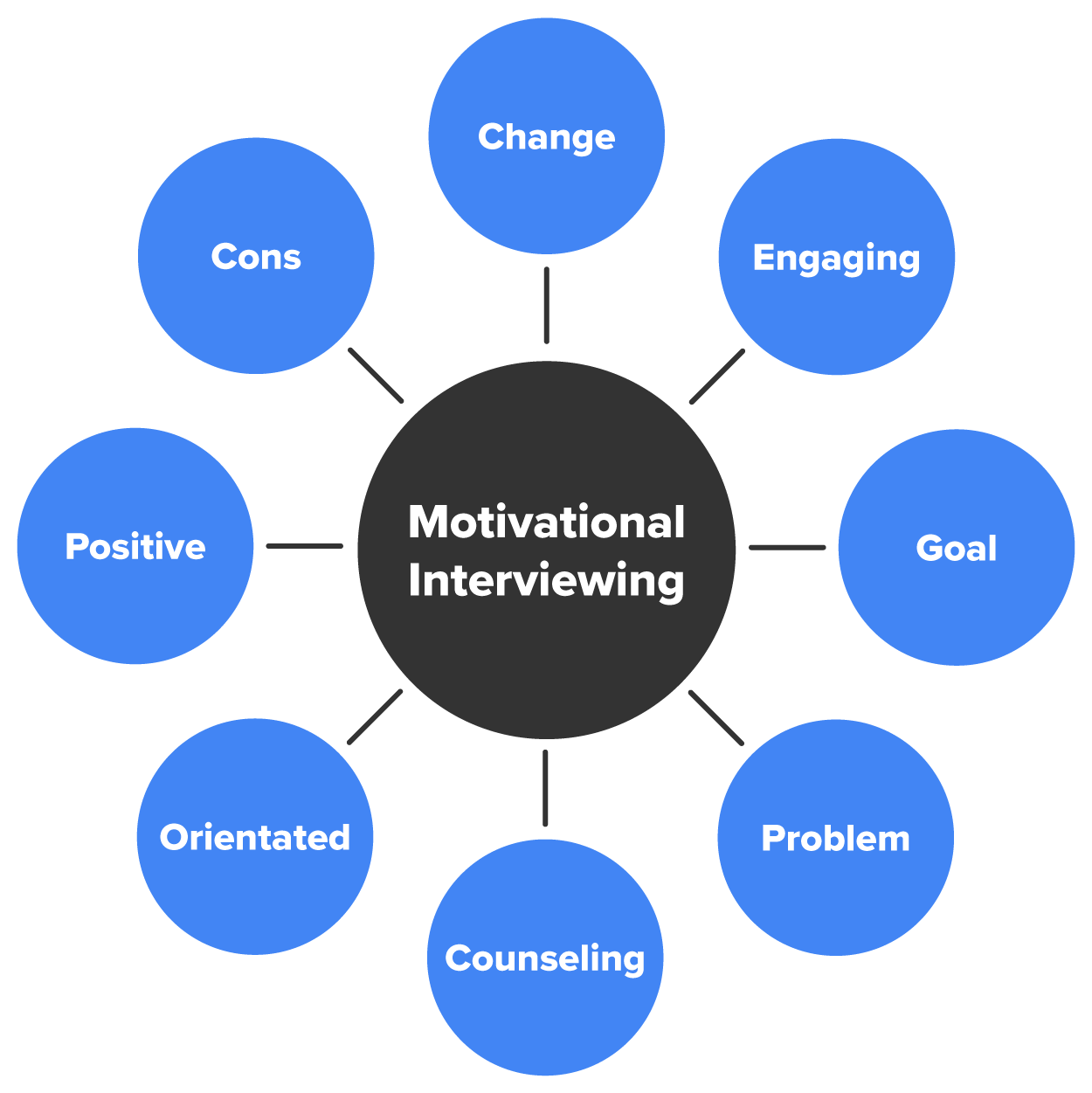Table of Contents |
Evidence-based practice (EBP) is the thoughtful integration of the best scientific research with expertise and patient or community needs and values. It involves systematically reviewing and analyzing the latest scientific evidence, such as research, clinical trials, and other relevant data, to determine the most effective approaches to addressing health issues. Here, we will explore some evidence-based strategies for addressing social, behavioral, and mental health issues.
Harm reduction strategies originated as evidence-based strategies to address behavioral health issues related to substance use disorders (SUDs). Harm reduction is a public and community health strategy that focuses on reducing the negative outcomes associated with high-risk behaviors, including drug use. This strategy adapts to specific contexts and aims to minimize harm while respecting individual autonomy and dignity. Other public and community health areas where this strategy can be used include tobacco use, sexual health, COVID-19 prevention, alcohol harm reduction, nutrition and weight management (portion control and healthier alternatives), mental health (specifically, stigma reduction), and creation of safe spaces for emotional well-being. Rather than treating negative behaviors as moral failings, a harm reduction approach recognizes that individuals deserve safety and dignity regardless of their circumstances or choices (Substance Abuse and Mental Health Services Administration [SAMHSA], 2023).

Since the inception of EBP, many other uses for harm reduction strategies have been effective. This approach equips people with lifesaving tools and information. Harm reduction emphasizes the direct engagement of public and community health professionals with people with social, behavioral, and mental health issues. In the case of people with SUDs, this would mean engaging them to prevent overdose, for example, or to reduce disease transmission through safe injection practices. Harm reduction focuses on physical, social, behavioral, and mental health to improve well-being. Offering accessible health care services, including social, behavioral, and mental health treatment, is a harm reduction approach proven to be effective. This approach is meant to empower people to make healthier choices (SAMHSA, 2023).
Another evidence-based approach is motivational interviewing (MI). Originally, MI was developed to address excessive alcohol use. Broadly, MI is an interview technique to help patients or clients identify what motivates them to engage in risky behavior for which an intervention is needed. The technique is learned through professional training and encompasses learning how to appropriately ask open-ended questions, engage in active and reflective listening and affirmations, summarize, and evoke motivation to change (Bischof et al., 2021). MI has been shown to be effective across various target problems, including social, behavioral, and mental health issues. Approximately 1,300 scientific studies, including over 200 clinical trials, support the positive impact of MI on behavior change. MI centers on resolving an individual’s ambivalence about change. Ambivalence is when a person feels neither good nor bad about change. MI helps people explore their motivation and commitment to altering their behavior. Integrating MI in the initial treatment phases improves client engagement. Longer treatment episodes often lead to better outcomes. MI can be used for anxiety and depression, eating disorders, and SUDs (SAMHSA, 2021).

This image depicts the components of MI, including engaging with a patient or client, setting achievable goals, identifying problems, counseling to address the motivation for behavior, and fostering positive thinking—all to motivate behavior change.
Some additional strategies for addressing social, behavioral, and mental health issues were discussed earlier in the course, but perhaps not in the context of evidence-based strategies. The following activities have been thoroughly studied and found to be effective in reducing the impact of social, behavioral, and mental health issues (American Psychological Association, 2023).
| Activities for Addressing Social, Behavioral, and Mental Health Issues | |
|---|---|
| Evidence-Based Strategy | Outcome |
| Physical exercise | Boosts mood and cognitive function and is a powerful tool for well-being. |
| Social support | Strengthens connections with friends, family, and community and is vital for emotional health. |
| Self-care | Helps allocate time for relaxation, hobbies, and activities that rejuvenate. |
| Addressing negative thinking | Cultivates a positive mindset by challenging negative thoughts and focusing on constructive perspectives. |
| Developing healthier sleep habits | Restores the mind and enhances mental resilience. |
| Limiting social media and screen time | Disconnect to recharge! Reclaims mental focus. |
| Practicing gratitude | Helps acknowledge and appreciate the positive aspects of life. Also fosters well-being. |
| Setting small, achievable, and realistic health goals | Can boost confidence and celebrate progress along the way. |
Source: THIS TUTORIAL WAS AUTHORED BY SOPHIA LEARNING. PLEASE SEE OUR TERMS OF USE.
Disclaimer: The use of any CDC and United States government materials, including any links to the materials on the CDC or government websites, does not imply endorsement by the CDC or the United States government of us, our company, product, facility, service, or enterprise.
REFERENCES
American Psychological Association. (2023, October 31). 11 healthy ways to handle life stressors. www.apa.org/topics/stress/tips
Bischof, G., Bischof, A., & Rumpf, H. J. (2021). Motivational interviewing: An evidence-based approach for use in medical practice. Deutsches Arzteblatt International, 118(7), 109–115. doi.org/10.3238/arztebl.m2021.0014
Substance Abuse and Mental Health Services Administration. (2021). Using motivational interviewing in substance use disorder treatment. store.samhsa.gov/sites/default/files/PEP20-02-02-014.pdf
Substance Abuse and Mental Health Services Administration. (2023, April 24). Harm reduction. www.samhsa.gov/find-help/harm-reduction